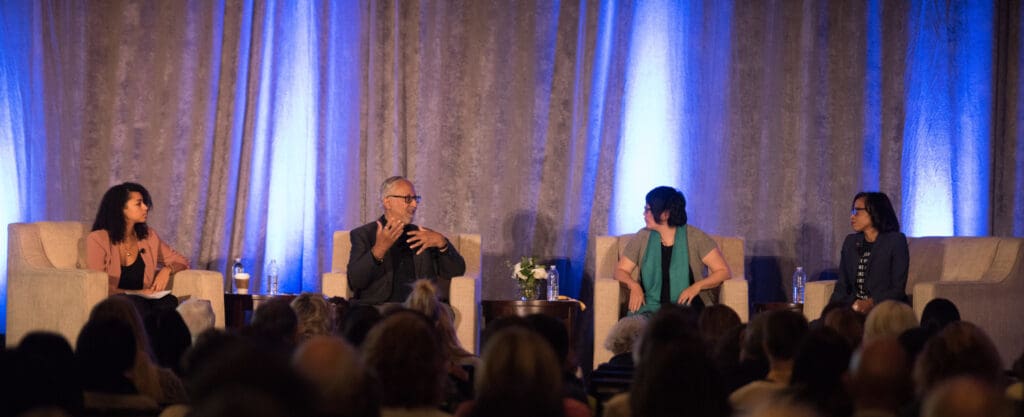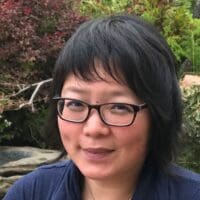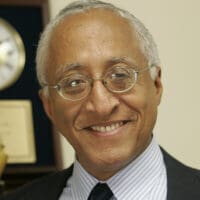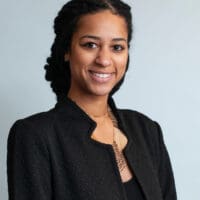In her Keynote at ISCS 2016, Rhonda Magee posed the idea of “creating science that resonates with the suffering of the world” by considering how colorblindness and implicit bias impact contemplative research and practice communities. We are called to consider the ways in which it is necessary to move beyond identifying these individual factors toward exploring the barriers in institutional and structural systems in the contemplative field. The urge is to examine how contemplative culture supports conditions of silence related to systemic oppression, and how this culture represents the misapplication of deep contemplative principles. Therefore, we seek to increase our discernment to consistently address the blind spots of White American cis-male privilege that has been historically embedded in the sciences, organizational leadership and Western practice communities. This includes the blind spots (e.g., offloading, various forms of bypassing) and implicit assumptions of Western academic inquiry in general, and the limits of third-person inquiry. The dialogue will attempt to negotiate new trajectories for contemplative studies by focusing on embedded social power and privilege in research methodology, organizational bodies and leadership, as well as dismantling hierarchical structures that reinforce power and control in practice communities. It will attempt to bear witness to the process of critically interrogating contemplative studies and exploring examples of restructuring institutional practices toward equitable action. Furthermore, the panel will engage community members and scholars active in this critical contemplative inquiry around a key set of questions pertinent to structural reorganization and personal transformation in service of social justice.


Rhonda Magee, JD
University of San Francisco
Mentor
An internationally-sought-after mindfulness teacher and keynote speaker, and a thought and practice innovator of mindfulness-based social justice principles, concepts and practices, Rhonda V. Magee, M.A., J.D., is Professor of Law … MORE

Helen Weng, PhD
University of California, San Francisco
Convening Faculty, Fellow, Grantee, Reviewer
Helen Y. Weng, Ph.D., is a clinical psychologist and neuroscientist, and her research focuses on the neural mechanisms of how meditation practices may improve social behavior and mental health. Her … MORE

Oliver Hill, PhD
Virginia State University
Oliver W. Hill, Jr., Ph.D., is Professor of Psychology at Virginia State University. Dr. Hill is an experimental psychologist specializing in studying cognition. He received his undergraduate training at Howard … MORE

Dominique A. Malebranche, Ph.D.
Pepperdine University
Planning Committee Member, Reviewer
Dr. Dominique A. Malebranche (she/they) is a licensed psychologist and an Assistant Professor of Psychology working at Pepperdine University on original Chumas/Tongva lands. Counseling psychologist by training, her work emphasizes intersections … MORE

